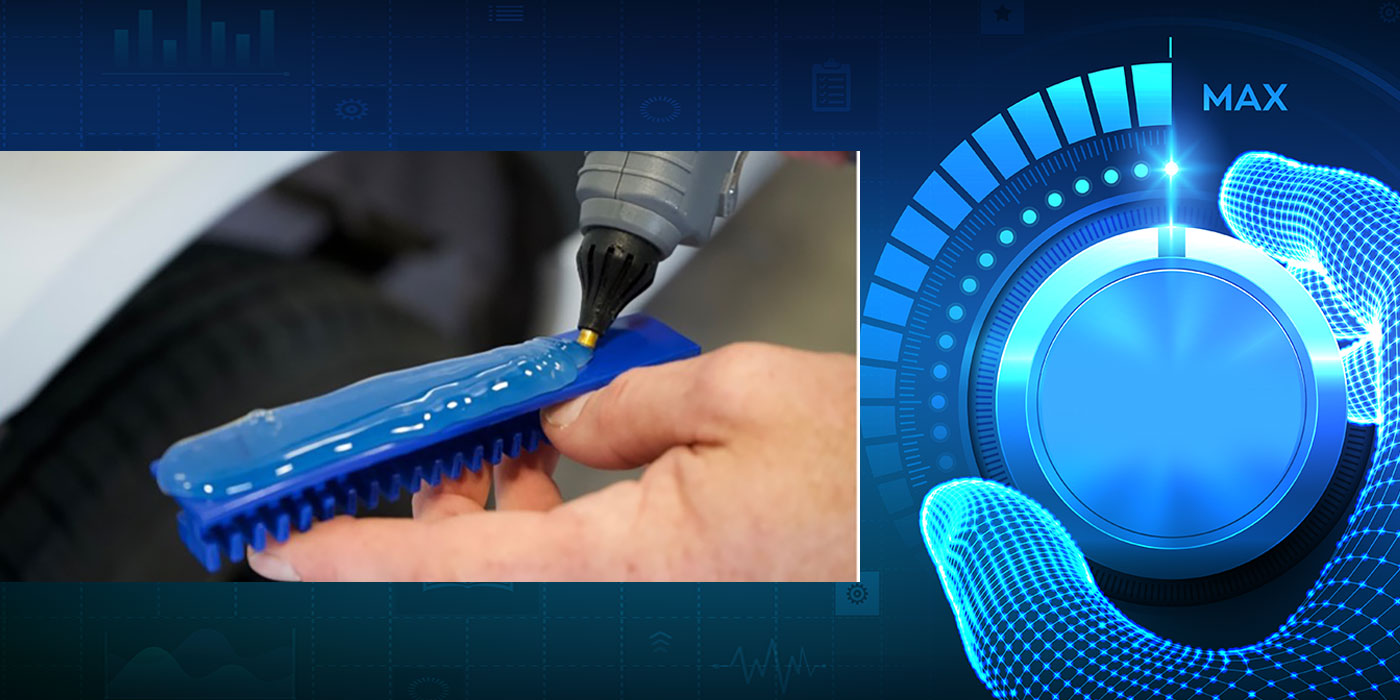Clint was a successful, hard-working owner of two successful shops. Like most entrepreneurs, he tended to make all the decisions himself. At age 43, he knew he was far too young to be concerned with his death or disability and how those events might impact his family or business. Then one day, as he bent over to unbuckle his ski boot, he dropped dead.
While Clint and his wife, Linda, had done some estate planning at the insistence of an attorney friend, they did not adequately address their income needs. Clint had purchased a small life insurance policy from a friend when he and Linda started having children, yet the $250,000 death benefit would come nowhere near supporting the $150,000 salary Clint and Linda had been taking. Since she had not worked since they began having children, Linda had no idea how she could support the lifestyle they were living and the future of their children.
As tragic as Clint’s death was to his family, his failure to make any plans whatsoever for his businesses was an even larger business tragedy. No one knew what Clint’s wishes were with respect to continuing or selling his businesses. No one (especially within his family) knew the businesses’ overall financial conditions, administrative statuses or operational concerns. The key employees knew only one thing for sure: The businesses would not survive for long after Clint’s death. So, these employees promptly found new employment, thus hastening the inevitable shutdown of Clint’s once-vital businesses.
No Plan
During my travels, I meet a lot of shop owners who have no plan on leaving their business any time soon, so they think that exit planning is not relevant at the time. Yet, exit planning is much more than planning for the sale or transfer of your business. It also encompasses two key points:
- Boosting the value of your business (which I addressed in my article in the November 2022 issue of BodyShop Business)
- Ensuring that your business and your family’s income and lifestyle will continue if you die or become permanently disabled — and, if you have business partners, that your stake in the business is protected if this would happen to them.
The second point is a tough conversation to have, yet it’s the one I want to address here. We all think that we’re going to live forever and get so lost in the grind that we never consider how — when we die or become permanently disabled — the shop will continue and how this will affect the lives of our closest family members. I find that it’s an important starting point in just about every plan because, while you can have the best-made transition plan, if the unexpected happens, it can leave all the hard work you’ve put in to collapse and leave your family exposed to lost income and a reduction in lifestyle.
For many shop owners, “business continuity planning” is an unfamiliar term. Many owners have nothing in place, and for some, it means simply signing a buy-sell agreement early in the company’s life and filing it away. Unfortunately, most buy-sell agreements cannot support the owner’s primary goals — namely, enabling a smooth transition upon an owner’s voluntary or involuntary exit and ensuring his or her family is taken care of.
While there are different aspects of continuity planning based on the ownership structure of the business (sole owner vs. co-owned), I want to highlight the key components that an effective business continuity plan should address in the most critical areas.
Short-Term Operations Plan
If the shop cannot survive without its owner, you can establish a short-term plan to operate the business until a formal transition plan can be implemented, it can be sold to a third-party or it can be wound up (liquidated) in an orderly manner. These plans involve “stay bonuses” for important employees, life insurance proceeds to pay off debt (and other obligations), written business continuity instructions, and provisions for debt repayment and business capitalization needs without the owner’s personal guarantee.
Another important thing to consider with the short-term operations plan is how a spouse will receive income until a formal transition can take place. If the spouse is active in the business, this may not be an issue, but if he or she is not, having the piece of mind knowing that his or her income and lifestyle will not be interrupted will give that person comfort and more easily allow a smooth transition in the future.
Stay Bonus Plans for Key Employees
It’s highly likely that key employees will leave the shop as soon as they can following an owner’s death because they feel the business can’t survive without the owner and they have families to support. If key employees stay with the company after an owner’s death, the owner’s family, their families and the business can enjoy a prosperous future. Stay bonus plans, whether as cash bonus or stock bonus plans, can give your key employees incentive to stay. There are many ways to structure these, and a qualified exit planning advisor can guide you and your team on implementing them.
Business Continuity Instructions
Business continuity instructions are crucial to continuity planning success. They give managers, advisors and family members guidance on what to do, who to call and how to delegate responsibilities following an owner’s sudden death or incapacitation. They can also state whether the owner wants the business to be kept in the family, sold to a key employee, sold to a third party or liquidated.
When creating business continuity instructions, exit planning advisors work with owners to list their wishes in writing regarding what they want done with their businesses should they die or become permanently incapacitated. Even more importantly, it gives the surviving spouse and family comfort in knowing who to contact and where important documents and information are located.
Debt and Capitalization
Whether co-owned or sole-owned, the issue for a shop remains the same: Can it continue without the owner’s personal guarantees on debt, leases, surety bonds, etc.? If not, barring a quick sale, the business needs to substitute cash for its owner’s guarantee.
Purchasing life insurance on an owner’s life in an amount sufficient to keep the bank happy is generally the easiest and cheapest way to do so. If an owner’s bank is not happy, expect it to reel in the company’s line of credit and call in its debt. Lenders are not the only concerned party when an owner dies.
Proper Valuation
Of course, shop owners need accurate business valuations before they sell or transfer their ownership to third parties or insiders, yet it’s also important to establish benchmarks and goals when growing business value and to ensure proper funding is in place for buy-sell agreements and family income planning.
Buy-Sell Agreements
If a shop is co-owned, adequate buy-sell agreements and funding are essential for a smooth transition of the business. Buy-sell agreements typically often cover only two transfer events: transfers upon an owner’s death or incapacitation, or a right of first refusal to the remaining owner or owners when a co-owner wishes to sell his or her ownership interest to an outside party. They also need to address other issues like personal bankruptcy, divorce or irreconcilable differences between owners. More on this another time, yet suffice it to say that, with proper planning, much of this can be alleviated.
Conclusion
People don’t plan to fail; they fail to plan. As Ben Franklin once said, “In this world, nothing is certain except death and taxes.” While we spend every year working with our accountants to mitigate the amount we pay in taxes, most people, including shop owners, spend little or no time planning for this second inevitable event. You’ve worked hard to build a successful shop or shops; why not put a plan in place to make sure your business can continue without you and that your family is taken care of?
We strive to help business owners identify and prioritize their objectives with respect to their businesses, employees and families. If you’re ready to talk about your goals for the future and get insights into how you might achieve those goals, we would be happy to sit down and talk with you.














